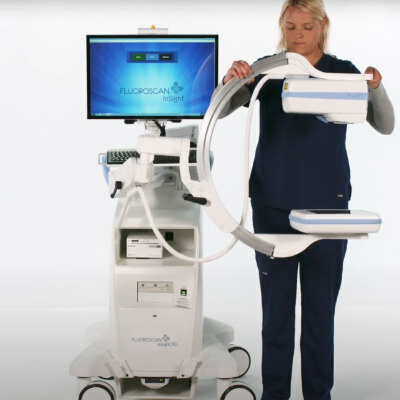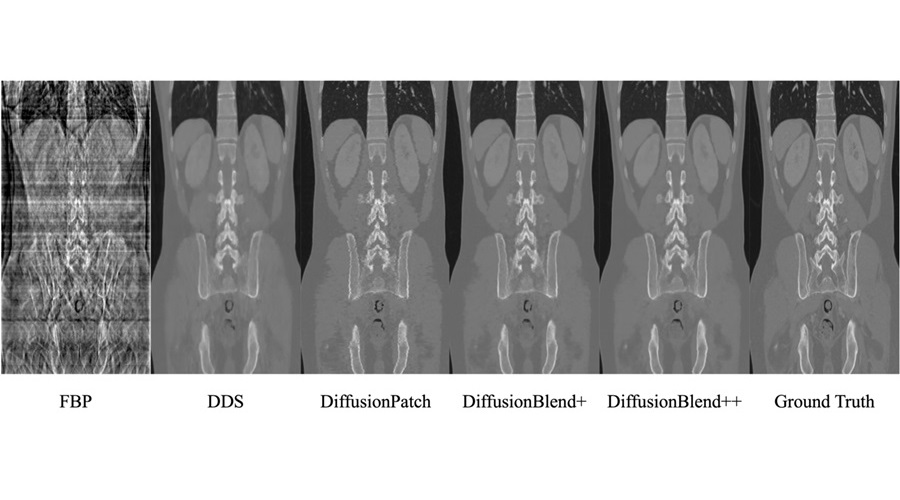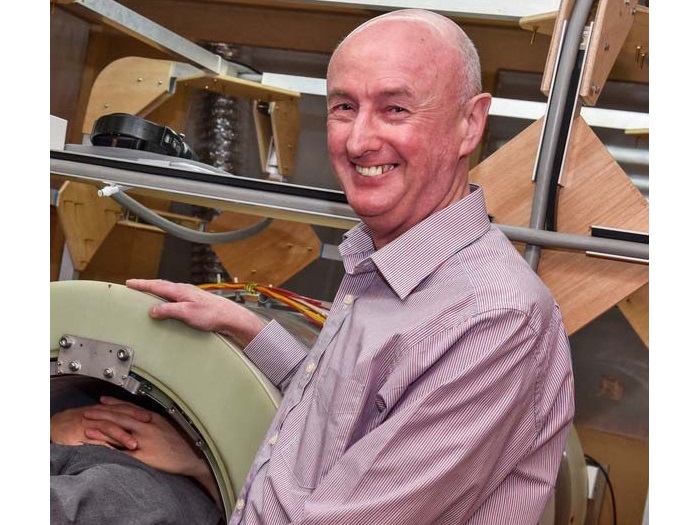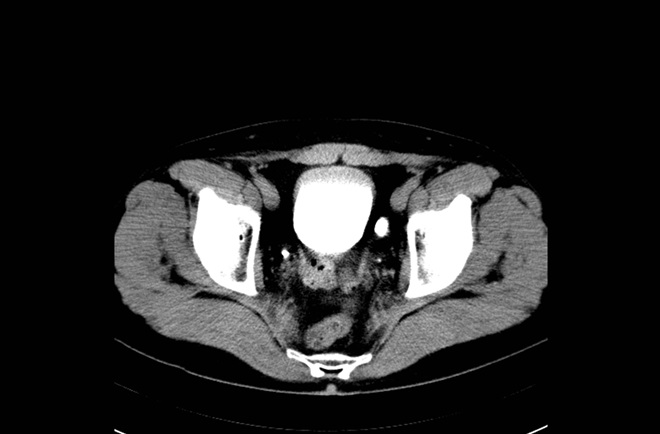AI Tool Accurately Predicts Stroke Outcomes After Arterial Clot Removal Using CTA Scans
Posted on 05 Sep 2024
In current stroke treatment protocols, advanced imaging techniques, particularly Computed Tomography Angiography (CTA), play a vital role in determining the management strategy for Large Vessel Occlusion (LVO). CTA is critical not only for assessing patient eligibility for treatment but also for evaluating the arterial collateral supply and predicting the prognosis of functional stroke outcomes. It is known to be more sensitive than non-contrast Computed Tomography (CT) in identifying early signs of infarction. Additionally, recent research has demonstrated CTA's utility in long-term prognostication. The advent of artificial intelligence (AI) has introduced innovative models capable of predicting long-term outcomes based on initial stroke imaging. These models extract prognostic data directly from CTA scans taken upon admission, providing forecasts of patient outcomes. Now, a novel deep learning model can accurately predict post-surgical outcomes for patients with LVO stroke based on their initial CTA scans.
A research team led by Yale School of Medicine (New Haven, CT, USA) utilized patient data from thrombectomies performed between 2014 and 2020 to train three distinct models using admission CTA scans. These models also considered variables such as time to surgery, age, sex, and NIH stroke scale scores. This research culminated in a fully automated deep learning model that can accurately determine stroke outcomes from admission imaging and various treatment scenarios, achieving a 78% accuracy rate in independent validation. According to the researchers, this tool facilitates rapid and accurate decision-making by establishing a 'treatment trigger' that could initiate the treatment sequence following surgery. The findings from this study were published in the journal Frontiers in Artificial Intelligence.
.jpeg)
"The deep learning model developed by our research team is the first step toward intelligent machinization of stroke neuroimaging protocol," said Sam Payabvash, M.D., Associate Professor of Radiology and Biomedical Imaging and senior author of the study. "It’s worth noting that the model can solely rely on CT angiography scans of the brain, which are invariably present at the time of stroke diagnosis. Therefore, our model based on imaging information can provide rapid, objective predictions regardless of local expertise and other variabilities, guiding treatment in resource challenged communities.”
Related Links:
Yale School of Medicine














